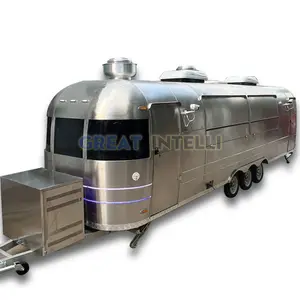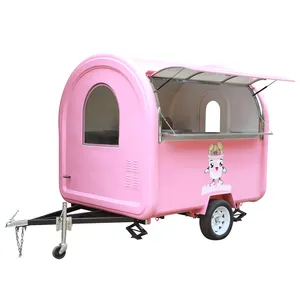About products and suppliers
当公司使用有效的新拖车出售时,它们将在其行业中具有竞争优势。这是因为在购买材料以及向消费者出售服务和产品时降低了风险。使用新拖车出售时有许多不同的好处。可以在Alibaba.com上在线购买,价格诱人。
实施新拖车出售。系统转变为业务意味着他们可以更动态地适应经济波动。随着新兴市场和某些产品生命周期的缩短,它们也可以变得更加灵活。借助阿里巴巴网站上提供的服务,成本可以降低,更好的库存系统和更少的损坏库存是这些系统的巨大优势。随着成本的降低,这些系统提供了更好的交付时间,最终产品交付得到了极大的改善。
许多公司使用新拖车出售的另一个原因。是他们极大地改善了沟通。更好的沟通带来了卓越的协调,在此购物和运输公司可以轻松地与供应商和供应商进行协作。通过改善协作,公司也可以看到其业务利润水平也有所提高。几乎可以消除处理过程中的延迟,并且由于后勤错误而导致的延迟发货很少。如果企业希望在全球发展和运输,则应考虑这些服务。
找到负担得起的新拖车出售。在Alibaba.com上提供管理服务。几家不同的物流公司提供这些服务以满足客户的需求。今天在线购物时,享受更好的协调并提高了业务利润。


















 浙公网安备 33010002000092号
浙公网安备 33010002000092号 浙B2-20120091-4
浙B2-20120091-4